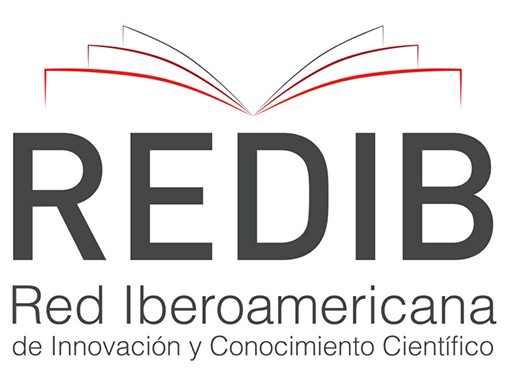INFECTIOUS ETIOLOGY OF SUBCLINICAL MASTITIS IN SHEEP FLOCKS FOR MEAT PRODUCTION
Keywords:
mastitis, microorganisms, staphylococci, sheepAbstract
Inflammation of the mammary gland, known as mastitis, has mainly infectious origin. The disease is responsible for great economic losses in meat sheep production, because of the premature culling of the ewes and can directly affect the of lambs´ performance. The objectives of this study were to determine the main etiological agents infectious of the subclinical mastitis in meat ewes and analyze the resistance profile against 12 antibiotics. We collected 576 samples from 170 animals originating from two farms located in São Paulo. Of these, 125 (21.7%) were positive in microbiological tests. Coagulase-negative staphylococci sensitive to novobiocin (CNSSN) were the microorganisms most frequently (11.1%), followed by coagulase-negative staphylococci resistant to novobiocin (CNSRN) (3.6%), Staphylococcus aureus (2.1%), coliforms (1.7%), coagulase negative staphylococci (1.2%), Streptococcus spp. (0.9%), Corynebacterium spp. (0.3%), Micrococcus spp. (0.2%), CNSSN AND coliforms (0.2%), CNSSN and Corynebacterium spp. (0.2%) and CNSRN more coliforms (0.2%). The sensitivity test in vitro was carried out for bacteria of the genus Staphylococcus. The highest occurrence of resistance of strains of coagulase-negative staphylococci was to penicillin (28.8%), oxacillin (22.1%) and cefepime (19.5%). Among the strains of S. aureus there was no resistance to the antibiotics tested. For coagulase positive staphylococci, the highest percentage of resistance was found against penicillin (42.9%). The results of antimicrobial susceptibility tests for microorganisms detected in herds highlight their relevance, in order to optimize the effectiveness of healing and reduce the selection pressure for multidrug-resistant strains.
Downloads
Published
How to Cite
Issue
Section
License

Este obra está licenciado com uma Licença Creative Commons Atribuição-NãoComercial 4.0 Internacional.











